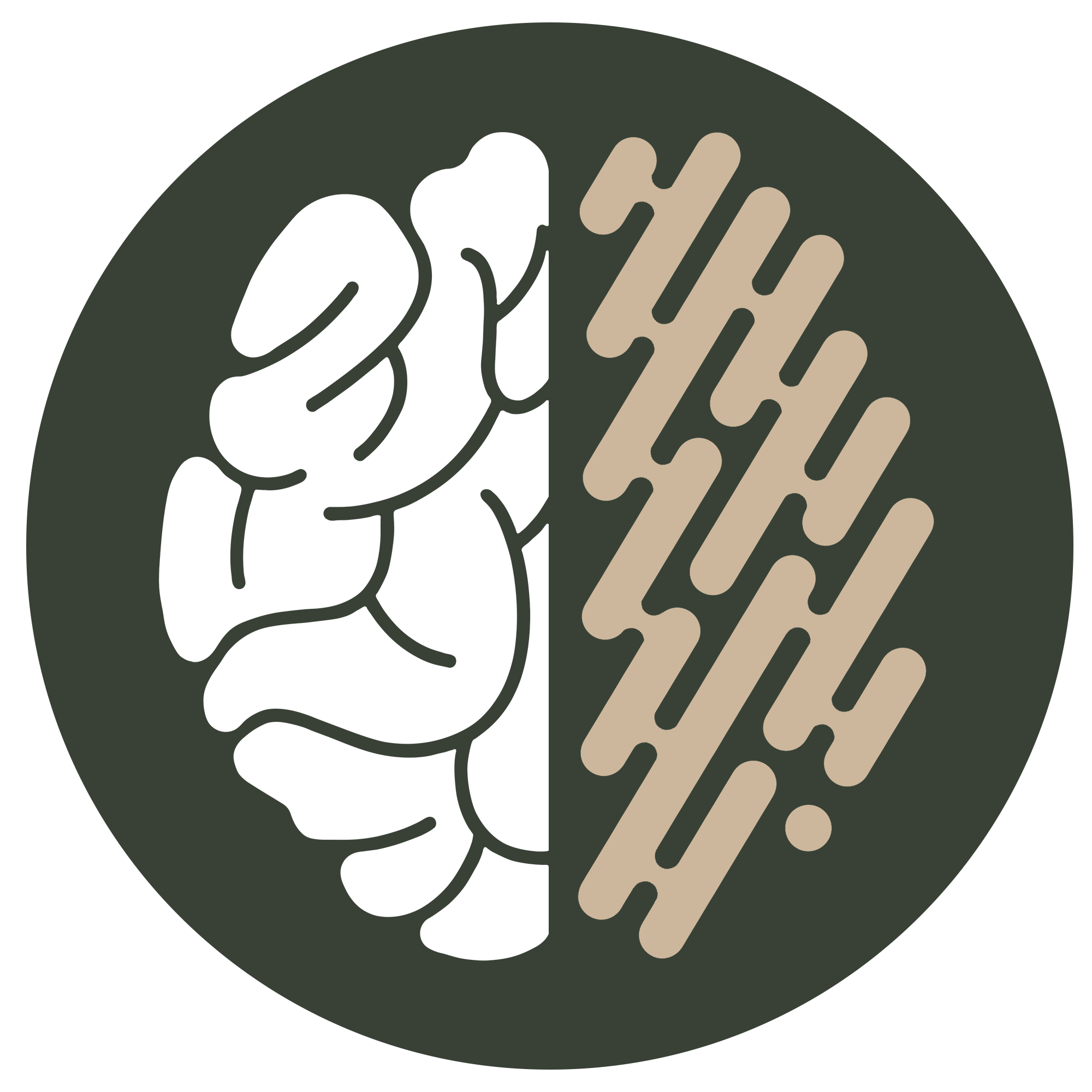Do labels like “disorder“, “disease“, and “detriment” truly capture what it means to be neurodivergent? Or do they reinforce limiting narratives?
At NeuroBridge, we believe a neurodivergence ‘disorder’ is better framed as having a “cognitive difference” – it is simply a different operating system, after all. One that brings immense strengths, perspectives, and abilities.
The best way we can describe ‘neurodivergence’ is if neurotypical people run on “Windows” in a very “Microsoft” designed world. Neurodivergent minds run on Apple OS. Just as valid. Just as powerful. Can a Mac still write an email? Absolutely. But its process must look different. And in many areas like design, it often outperforms Windows entirely.
By calling Autism, ADHD, Dyslexia and other neurotypes a “disorder”, we imply something is inherently wrong or broken. This breeds stigma and low expectations instead of spotlighting talents.
Make no mistake, real barriers exist. For most, symptoms such as sensory overload, social communication, object permanence or struggles with executive function can feel debilitating and require creative coping strategies. Each neurodivergent individual needs tailored solutions and coping strategies in place that work for them.
But do labels like “disorder” tell the whole story? Or do they become self-fulfilling prophecies that obscure colossal potential?
At NeuroBridge, we focus on transforming obstacles into opportunities and providing the “user manual” to thrive with a differently wired brain.
We help neurodivergent individuals to succeed on their terms – not by forcing them to conform to “Microsoft” designed systems and expectations. We help managers to be equipped to truly lead an effective neurodiverse team, and organisations to build, develop and maintain a thriving culture which embraces and unlocks the full potential of diversity in thought.
You are not disordered or deficient. You possess remarkable abilities, untapped genius, and one-of-a-kind gifts. It’s on us as neurodivergent individuals to make space for those to flourish, not label them as flaws.
The world needs original thinkers who see differently. Who reimagine broken systems. Who inspire and create.
Your ‘Neural-Variant’ brain is what the future of work looks like. Embrace it, leverage it, and celebrate it.
Perhaps the only part ‘disordered’ are cultures too rigid to welcome brilliance like yours.
You are not alone. And you have what it takes. Our doors are always open.



